Café Central
Located on the corner of Herrengasse and Strauchgasse in the city's historical first district, Café Central is one of the best known of Vienna's historical coffee houses. The elaborate columns, painted vaulted ceilings, herringbone wood floors, and Art Deco-style lamps and chandeliers also make it one of the most elegant and atmospheric. Established in 1876, this was the gathering place for philosophers, storytellers, poets and even revolutionaries: Stalin and Trotsky famously played chess here, and Sigmund Freud was a regular. Today Café Central is on every tourist's must-see list, so don't be surprised to see long queues snaking out the door at peak times and on weekends. Avoid a long wait by reserving in advance.
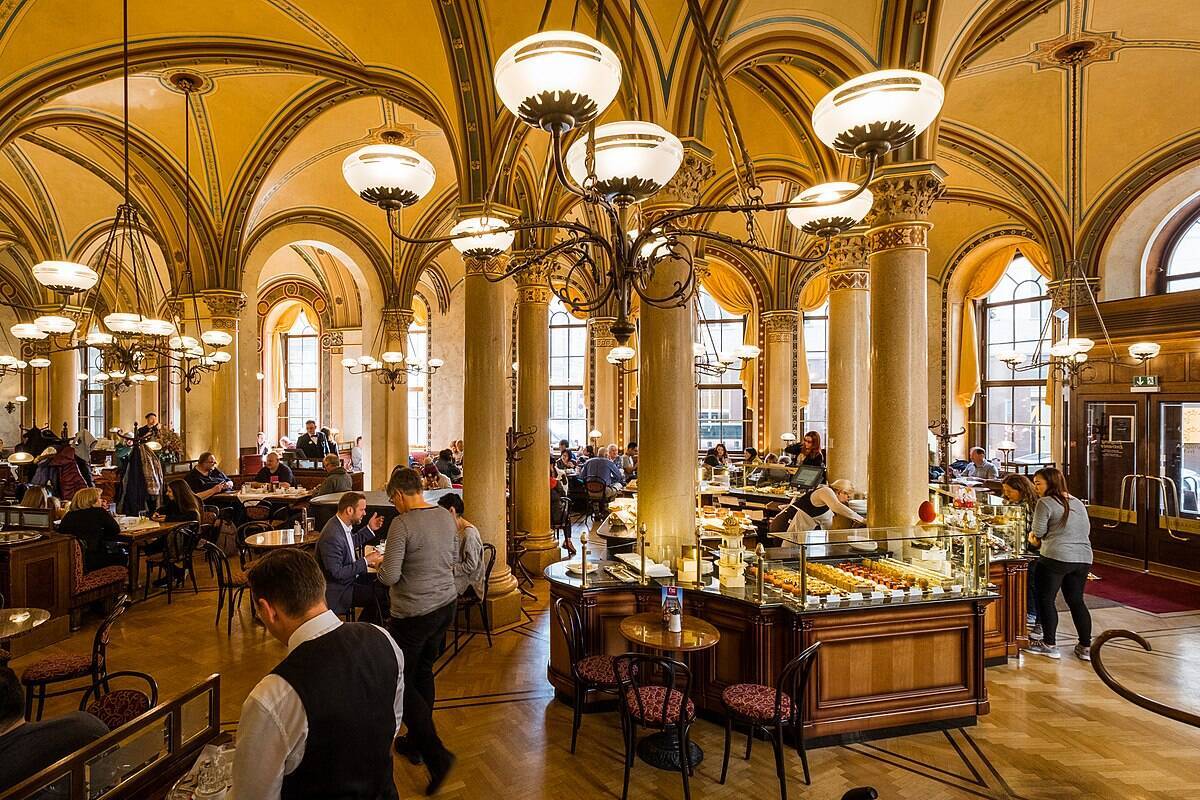
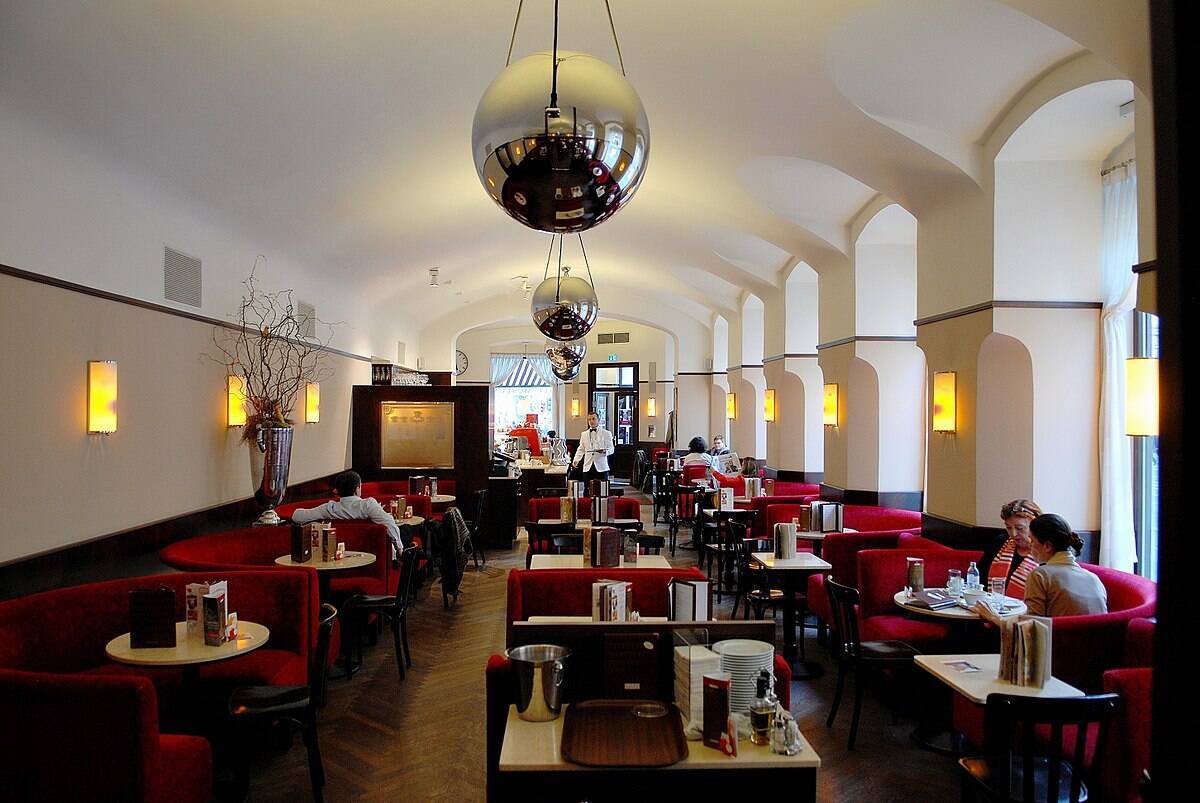
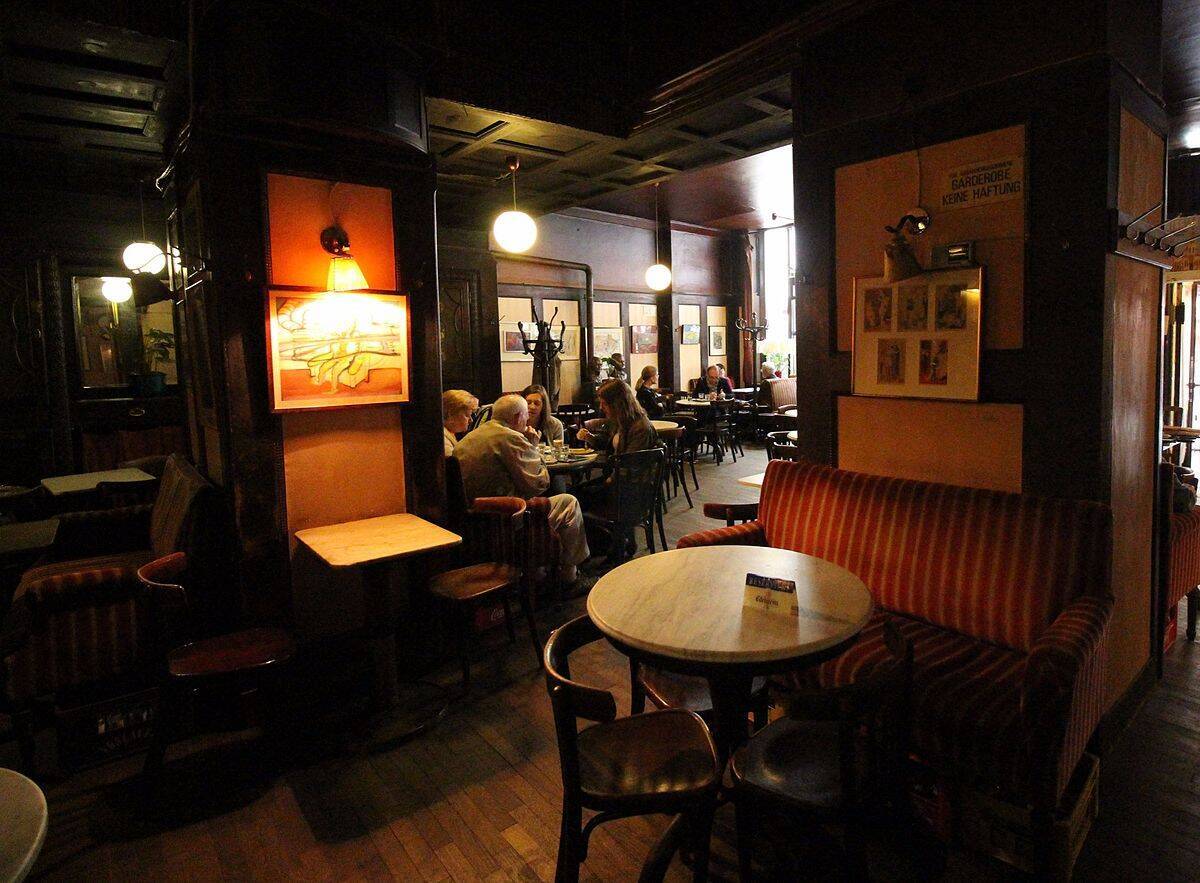
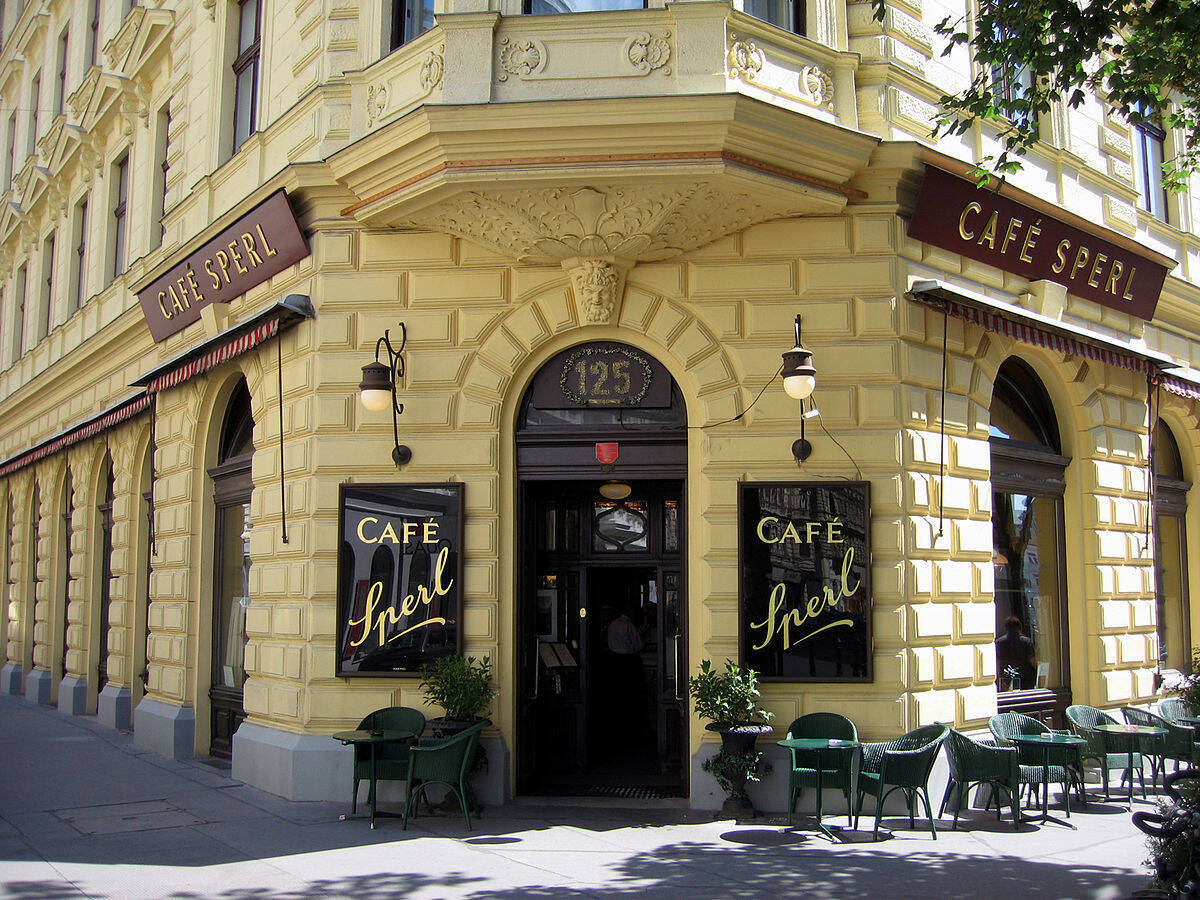
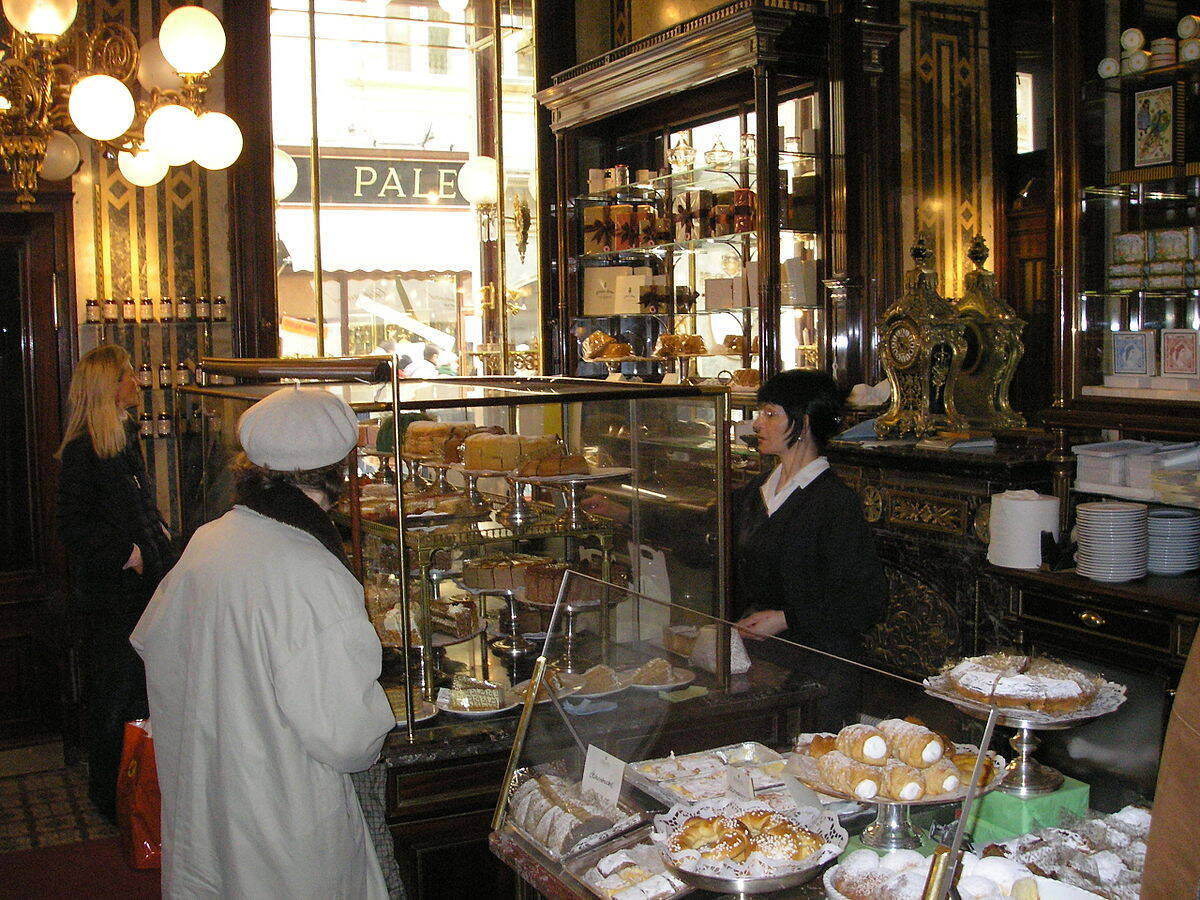
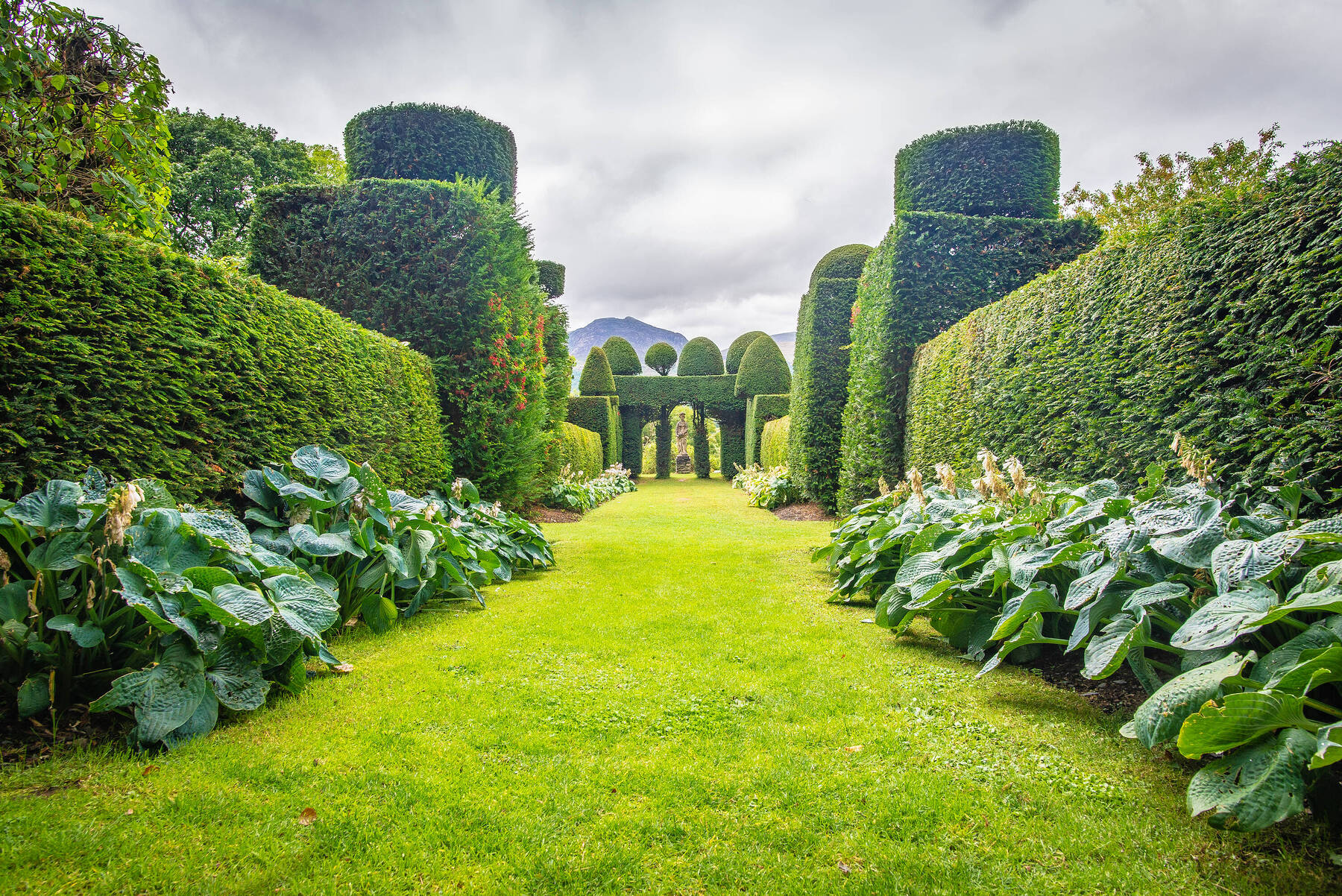
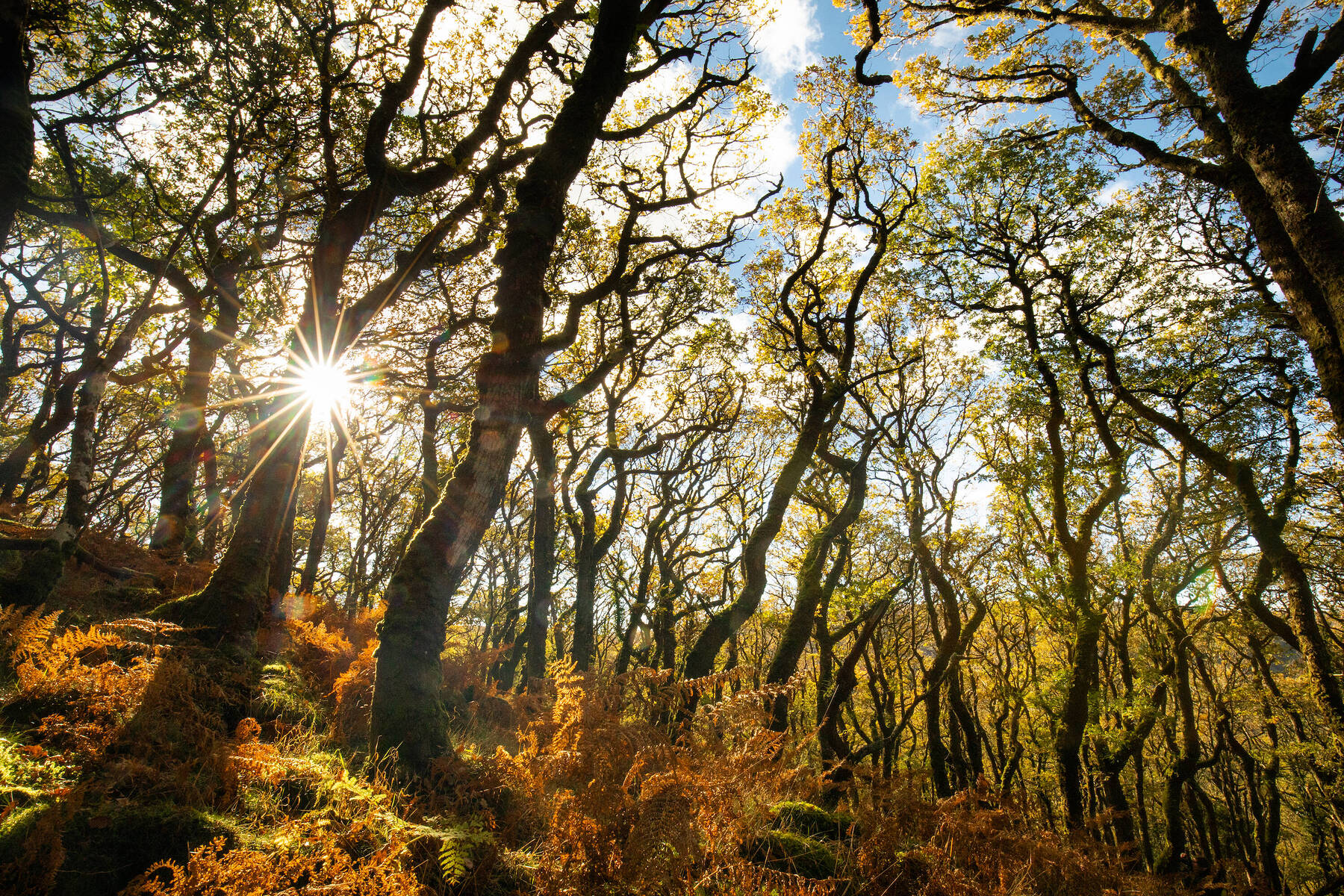
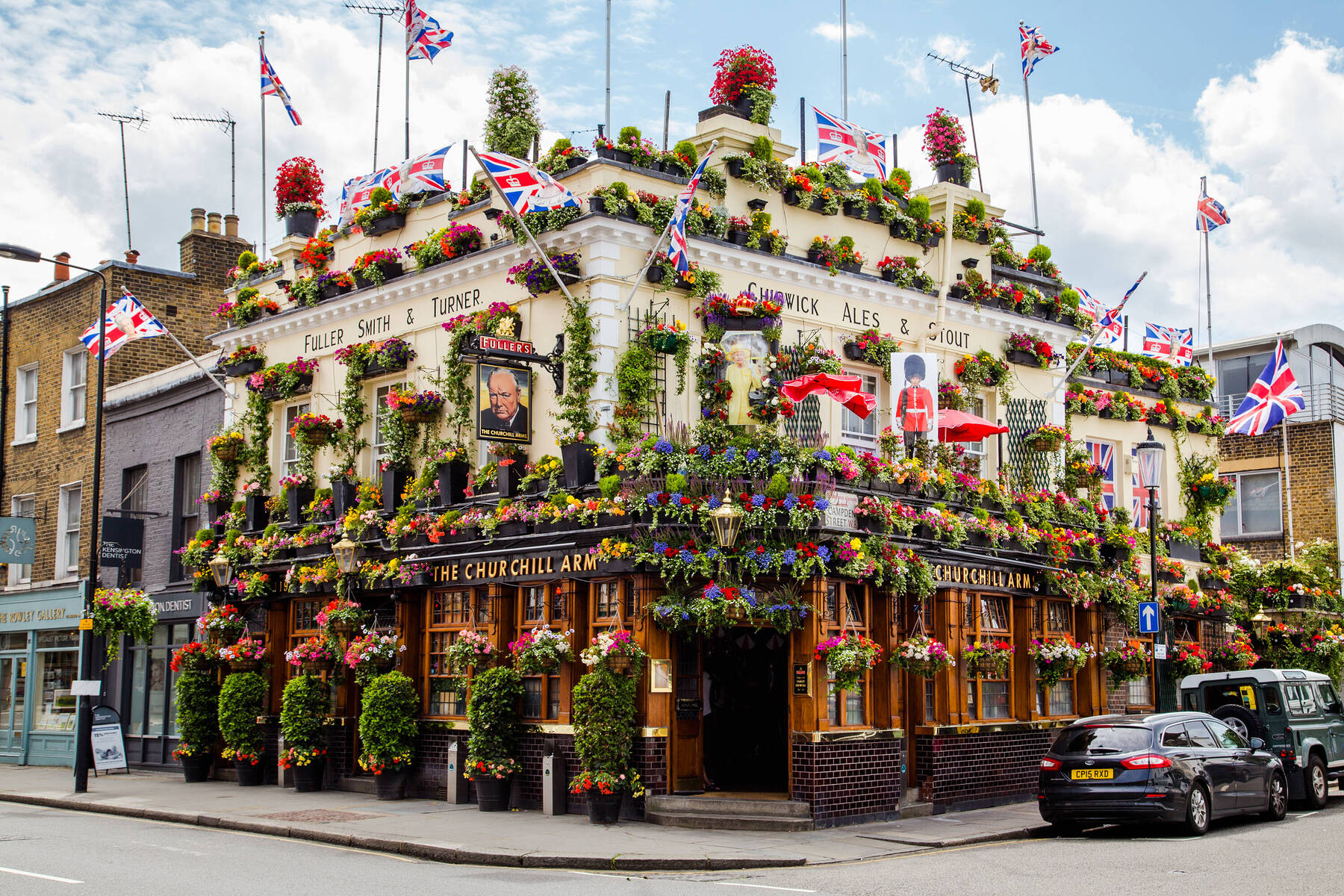

Comments